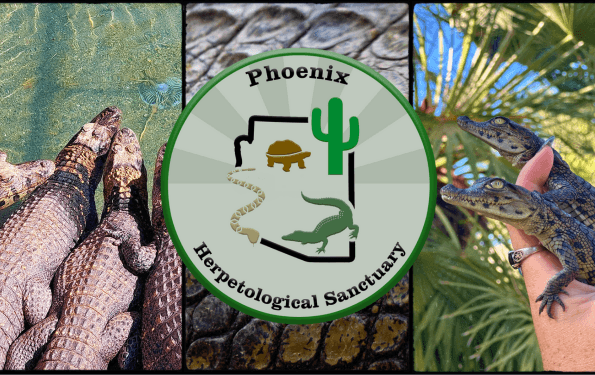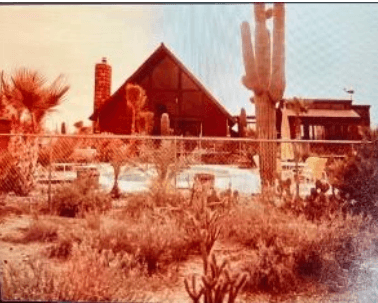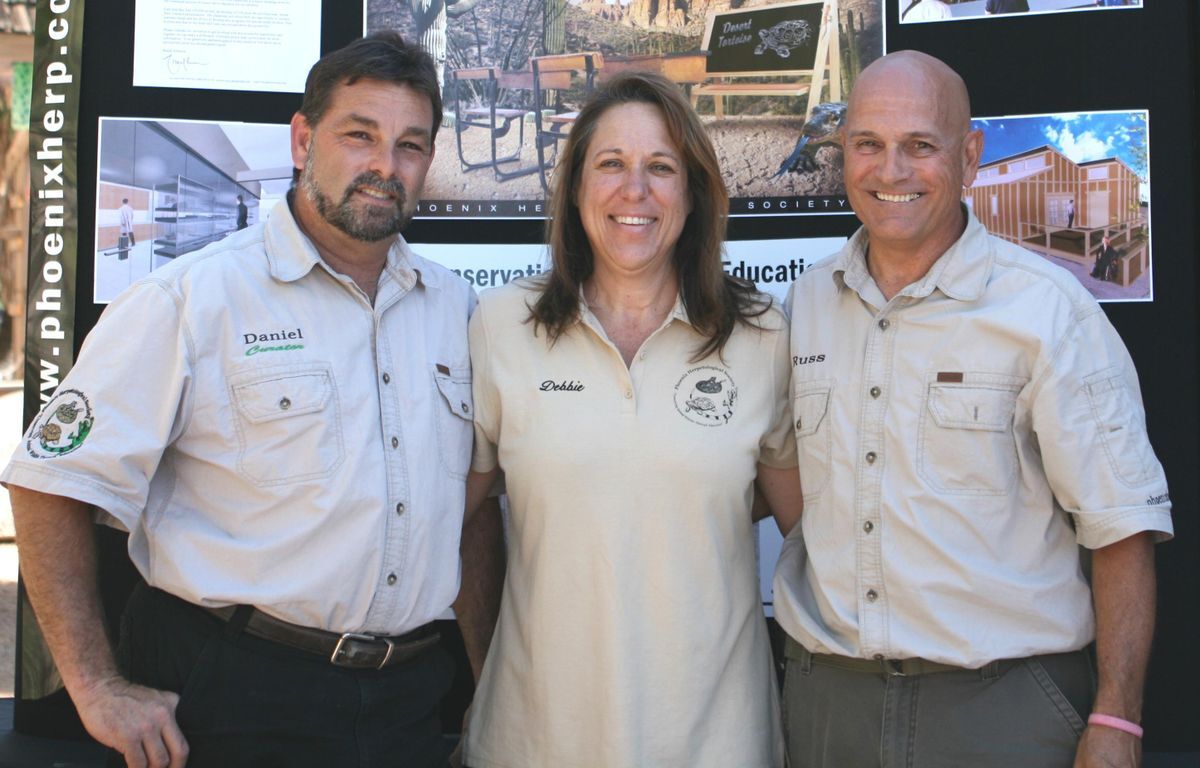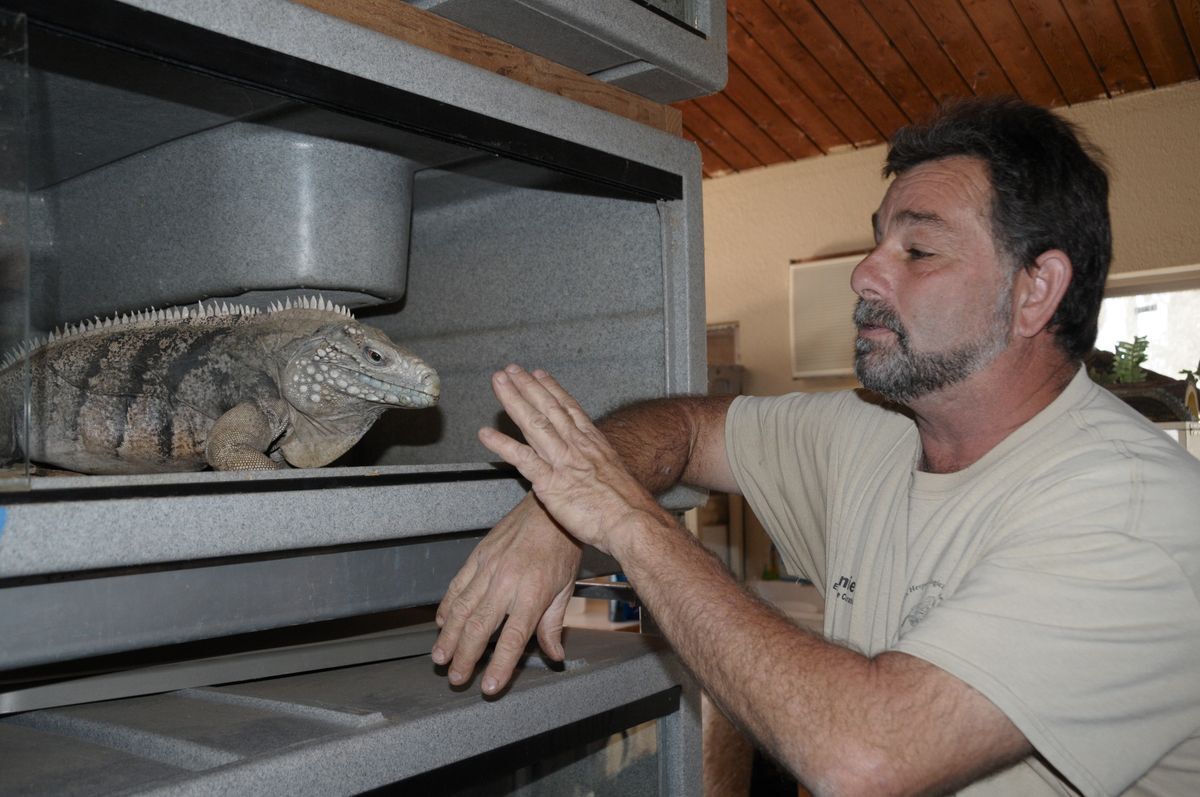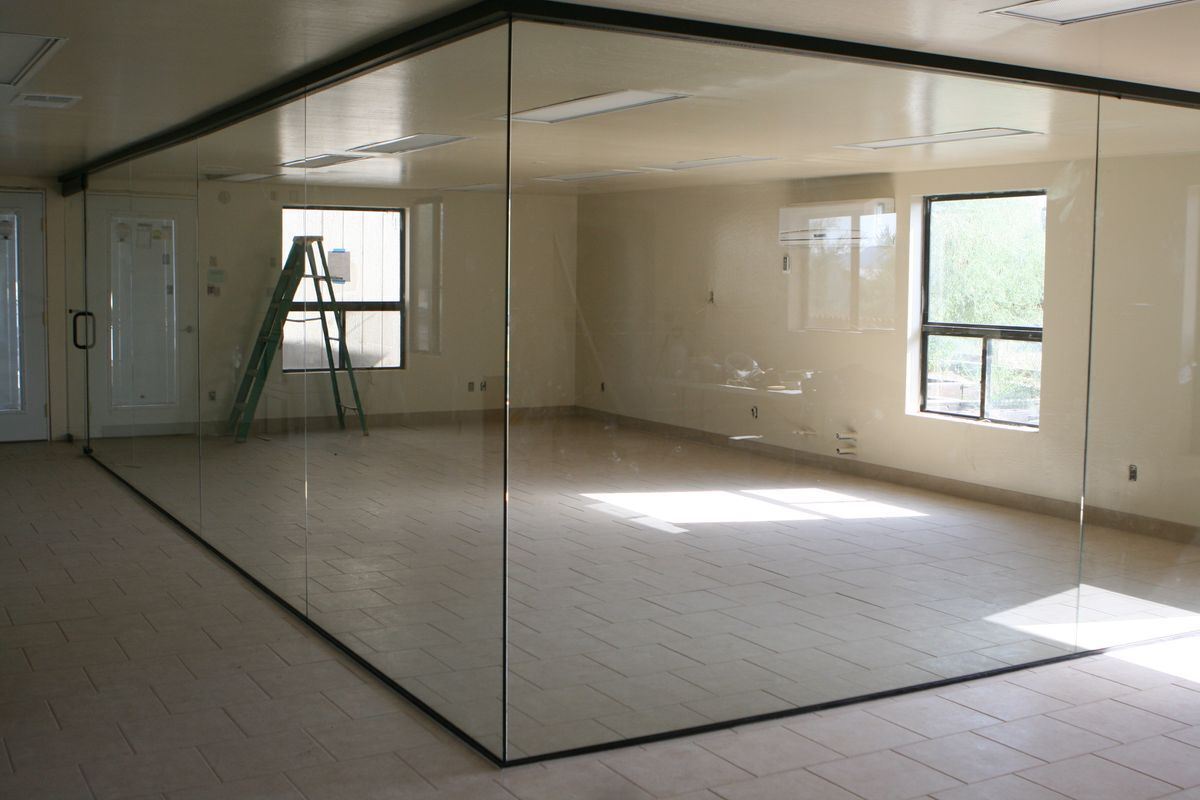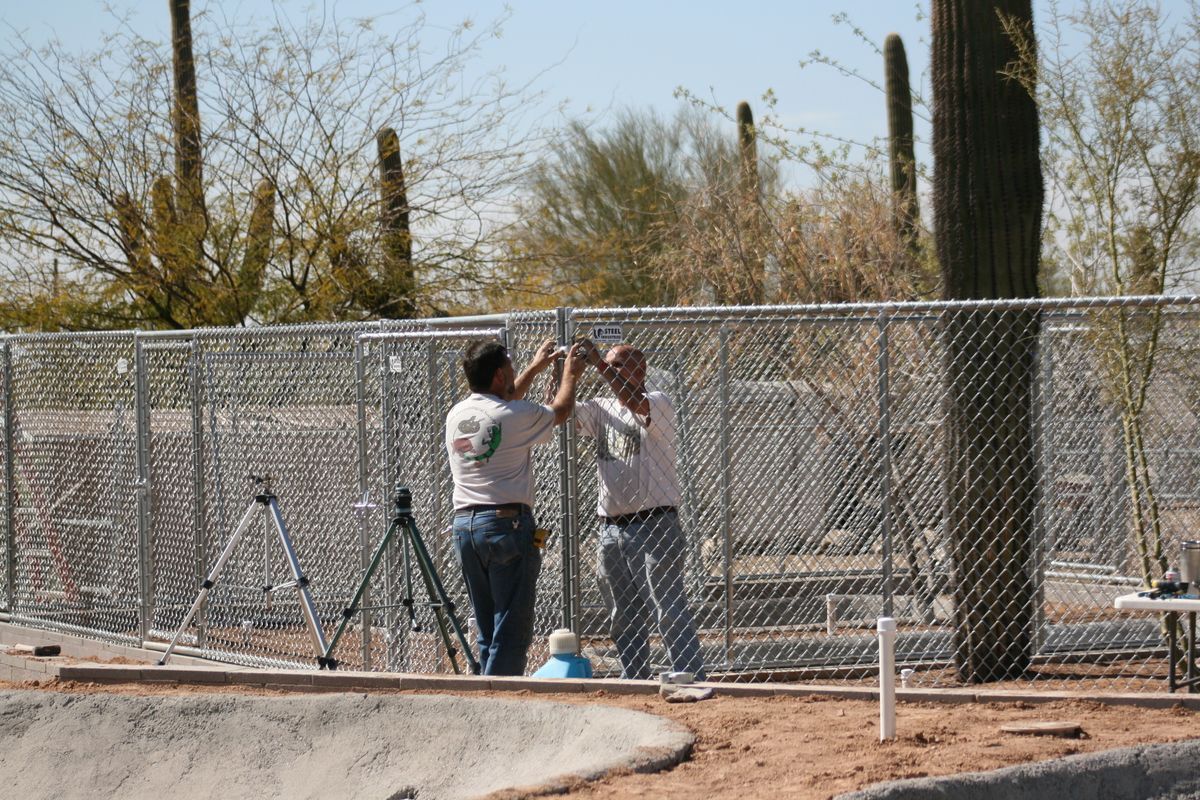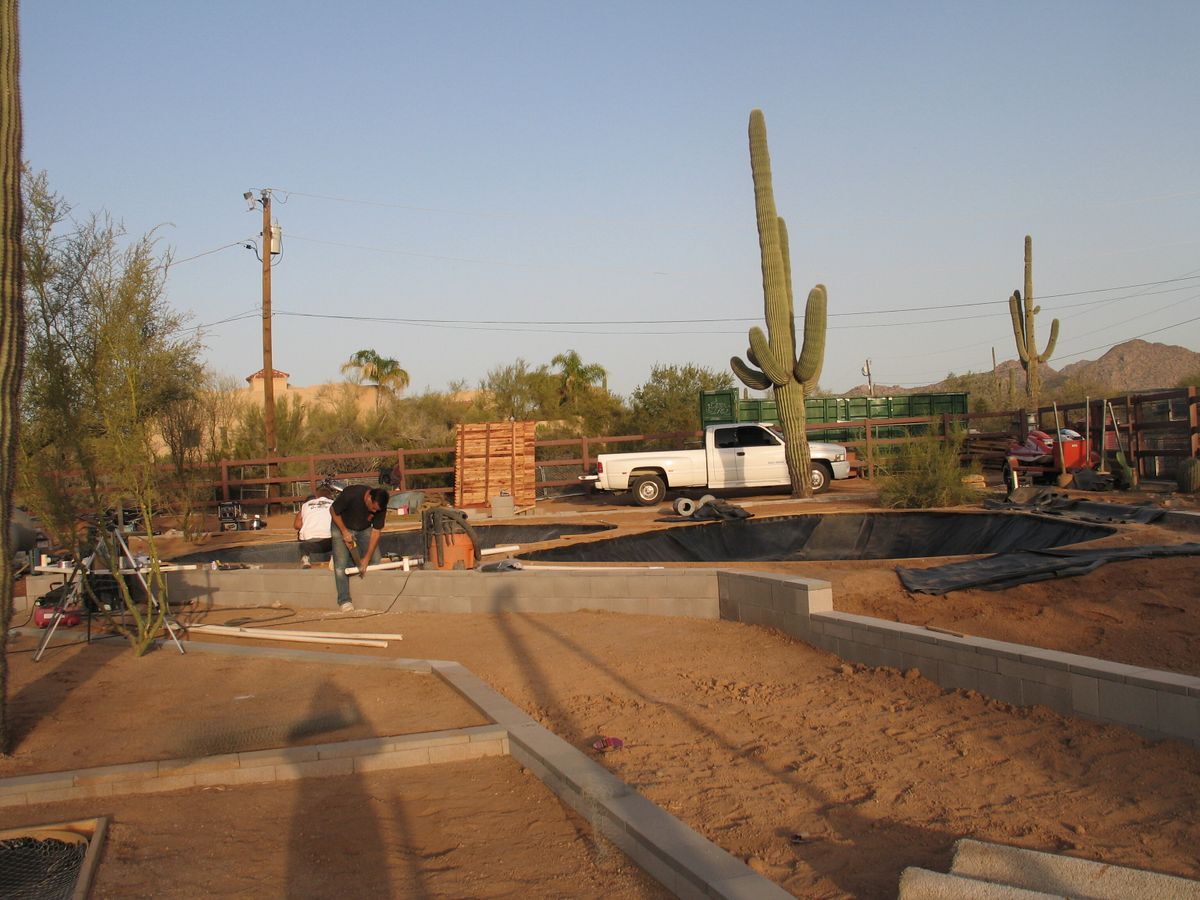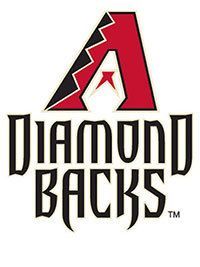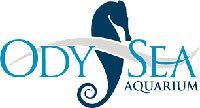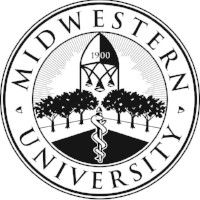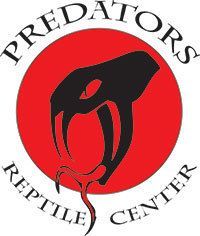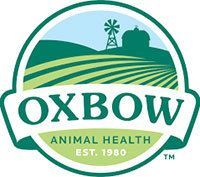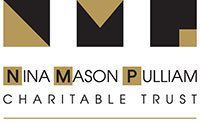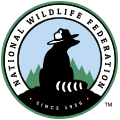History of PHS
PHS was founded in 2001 by three long-time, passionate reptile enthusiasts with a vision to make a difference for reptiles in the state of Arizona. There were plenty of organizations to rescue many species of animals from dogs and cats to birds. However, there was no such facility or refuge for unwanted or rescued reptiles.
Reptile owners had no outlet to relinquish ownership if needed nor was there a resource to acquire accurate, reliable information on the care and husbandry of reptiles as pets. In addition, native and non-native species were being destroyed by state facilities and other animal rescue agencies solely due to lack of knowledge regarding care and housing of these amazing creatures – native and exotic. In response, the Phoenix Herpetological Society (PHS) was launched.
Today PHS is a fully operational, 2½ acre rescue and rehabilitation center with an onsite reptile clinic and research center located in northern Scottsdale. A dedicated team of 16 staff and over 50 individuals volunteer regularly to maintain the sanctuary and care for hundreds of reptiles housed at the facility. PHS works with state and federal wildlife officials and law enforcement to care for and house unwanted or seized reptiles from across the U.S.
Most of the animals at the sanctuary were abandoned, abused or confiscated from individuals who possessed them illegally. For example, Arizona law prohibits private citizens from owning alligators or crocodiles – only licensed zoos (such as PHS), certified educational facilities, or accredited rescue shelters are permitted to keep them in captivity. PHS houses these, and all the rescued reptiles, until proper placement is established. PHS makes every effort possible to locate a permanent residence for the animals, including adoption of legal pets in Arizona.
However, most will remain at PHS for the rest of their natural lives. Unfortunately for many rescued reptiles that previously lived in the wild, they cannot be released back into their native habitat. Reptiles released into unfamiliar areas in the wild would be unable to locate food, shelter, water – the basics for survival – and are therefore forced to live the remainder of their lives in captivity.
Humane societies from across the country have contacted PHS to assist in placement, care and treatment of reptiles in need. Several universities and accredited international zoos have partnered with PHS on research projects involving venom studies and various programs to reestablish declining species populations. The level of knowledge, combined experience, and the approachable and receptive team members have quickly turned PHS into THE go-to source for everything reptilian. Working with others having the same compassion for reptiles brings many learning opportunities for PHS as well. No matter the background or experience of any PHS team member, there is always something new to learn or teach.
PHS strongly believes that “Conservation begins with Education.” A large amount of time and energy is put into educating the public about reptiles and the importance they have in our ecosystem. Each year PHS visits with over 250,000 school-aged children as part of that education effort.
An onsite Wildlife Education and Conservation Center was recently completed, a longtime dream of PHS founders. This custom-designed building is outfitted to comfortably accommodate physically and mentally challenged visitors, who previously were unable to experience a facility like PHS. Several programs for both children and adults are being developed specifically for these extraordinary individuals so they, too, have the opportunity to discover and experience a whole new world with hands-on interaction. Other programs and projects are currently underway that will make this facility accessible to everyone. At no time should anyone be turned away who wishes to learn about wildlife and our environment due to a challenge – physical, mental or otherwise.
PHS participates in education programs of some type almost every single day. We host birthday parties, lead field trips, do classroom programs, conduct professional development workshops and venomous snake training courses, and much more.

